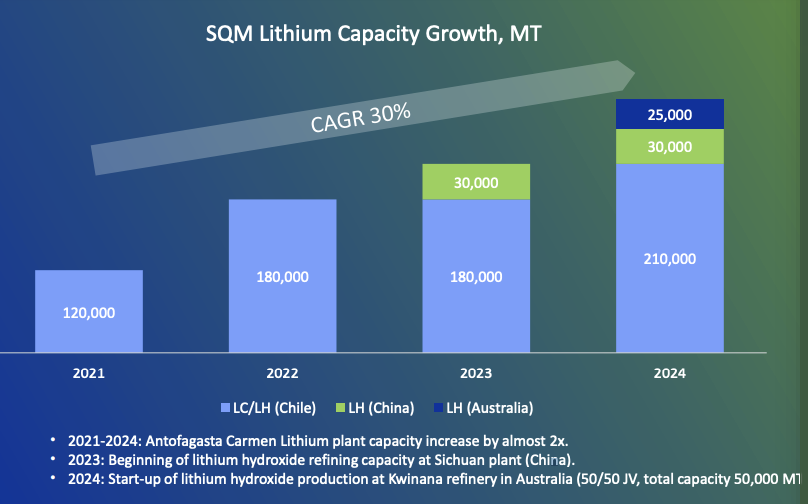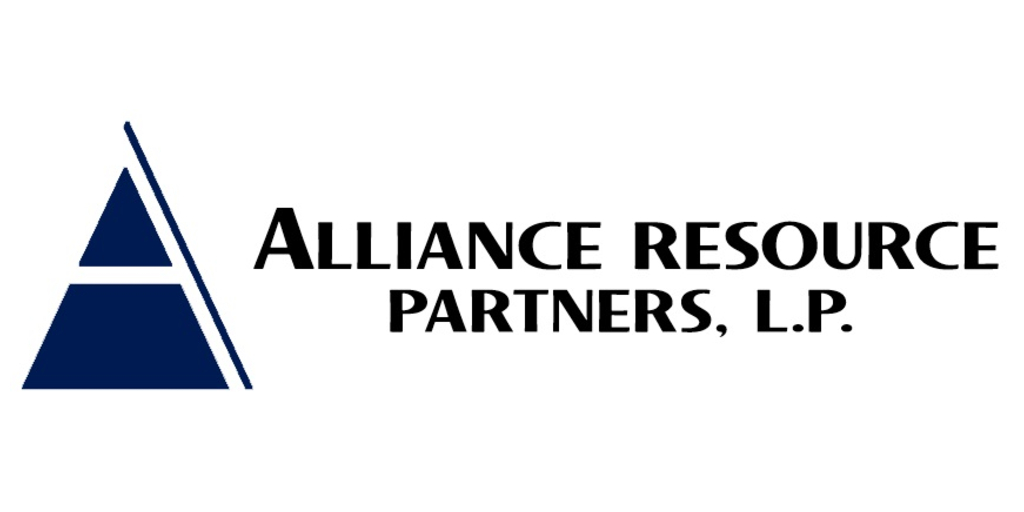Chile’s SQM (NYSE: SQM), the world’s second-biggest lithium producer, reported a sharp 63.2% decline in quarterly profit on the back of slumping prices of the key metal used in the batteries that power electric vehicles and high tech devices.
The company, which also manufactures fertilizers and industrial chemicals, said it expects the downward trend in lithium prices to continue for the rest of the year.
SQM’s second-quarter net profit came in at $213.6 million, or 75 cents per share, falling short of analysts’ prediction of $296.7 million, or 95 cents per share, according to LSEG data.
Revenue for the quarter reached $1.3 billion, which was in line with analysts’ expectations, based on LSEG Data and Analytics predictions.
SQM, which extracts most of the lithium it produces from brines in the Atacama salt flat of northern Chile, said record-high sales volumes could not offset depressed prices for the battery metal.
“The strong sales volumes growth in the lithium business in the second quarter was offset by significantly lower average realized lithium prices, as a result of lower market prices when compared to the same period last year,” chief executive officer, Ricardo Ramos, said in the statement.
“We see this pricing trend continuing in the second half of this year, with current lithium price indices in China nearly 20% lower than the average lithium price indices in the second quarter of 2024,” Ramos noted.
Beyond Chile
SQM has been making international investments into hard rock lithium mining, including into Australia’s Azure Minerals (ASX: AZS), in a push to broaden its geographic focus.
As part of this strategy, the Santiago-based miner highlighted the launch of SQM International Lithium, a new division aimed at expanding the company’s operations beyond Chile.
“This initiative reflects SQM’s strong confidence in the long-term growth potential of the global lithium industry,” Ramos said.
The executive noted that SQM plans to utilize its experience in exploration, project development, mergers and acquisitions to build a robust portfolio of lithium assets in partnership with others.
The goal if for SQM International Lithium to boost the company’s overall production by at least 100,000 tonnes of lithium carbonate equivalent (LCE) a year by the end of the decade.
In 2024, SQM anticipates a total capital expenditure of nearly $1.6 billion. The investment includes key acquisitions already in place, such as the $350-million Andover lithium and nickel-copper-cobalt project in Australia, secured through the company’s joint venture with Azure. It also plans to allocate around $140 million for the acquisition of the Dixin plant in China, where it looks to produce up to 30,000 tonnes of lithium hydroxide a year.

The remaining funds will support the expansion of both lithium carbonate and hydroxide production capacities in Chile, as well as the growth of the company’s nitrates and iodine operations. Maintenance expenses are expected to account for around $150 million of the total capex, SQM said.
Chile is the world’s second-largest lithium producer after Australia, thanks to output from SQM and rival US-based Albemarle (NYSE: ALB).
The copper-rich nation recently opened up new lithium mining areas to private companies and it is testing direct lithium extraction, or DLE. With this process, brine can be re-injected back into salt flats, reducing the environmental impact and accelerating production.
According to the country’s copper commission Cochilco, Chile is expected to produce about 275,000 tonnes of LCE this year and 285,000 tonnes in 2025.




